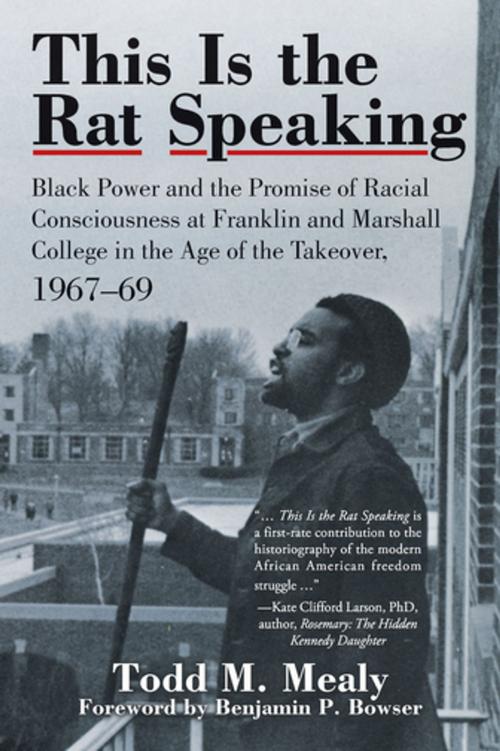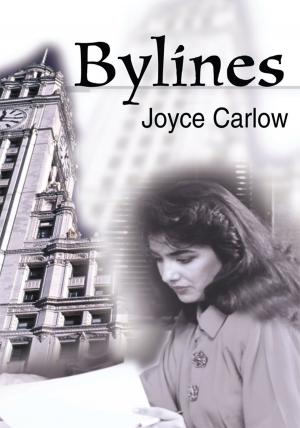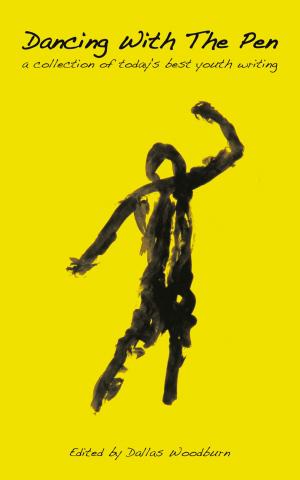This Is the Rat Speaking
Black Power and the Promise of Racial Consciousness at Franklin and Marshall College in the Age of the Takeover, 1967–69
Nonfiction, History, Americas, North America, Military| Author: | Todd M. Mealy | ISBN: | 9781532010347 |
| Publisher: | iUniverse | Publication: | March 24, 2017 |
| Imprint: | iUniverse | Language: | English |
| Author: | Todd M. Mealy |
| ISBN: | 9781532010347 |
| Publisher: | iUniverse |
| Publication: | March 24, 2017 |
| Imprint: | iUniverse |
| Language: | English |
Author of Aliened American: A Biography of William Howard Day, 18251900; Legendary Locals of Harrisburg; and Biography of an Antislavery City: Antislavery Advocates, Abolitionists, and Underground Railroad Activists The demise of the so-called Jim Crow laws in 1964 and 1965 and the victory of the civil rights movement rang hollow in the ears of most African Americans. While segregation was practiced in many places of the South, systemic forms of racism permeated northern society. As distrust pervaded African American communities after 1966, the maligned Black Panther Party filled the void, especially among baby boomers who moved the African American liberation movement further to the left. During this difficult time, when the country was torn apart by issues of race and poverty, as well as the escalation of the Vietnam War, unrest seemed to prevail at a myriad of colleges and universities across the United States where newly formed Afro-American societies and black student unions pressed for pedagogical change suited to the liberation doctrine coming from the black left. Spring 1969 was a particularly explosive semester as African American students occupied administrative buildings and common areas at both historically black and predominantly white colleges on the East Coast. In This Is the Rat Speaking, author Todd M. Mealy reconstructs the May 22, 1969, black student uprising at Franklin and Marshall College. Using Lancaster County, Pennsylvania, and Franklin and Marshall College as his setting, Mealy revisits the role and influence of the Black Panthers and delves into how activism for black studies curriculum emerged within the black power movement of the 1960s. Based on oral history testimony, investigation reports, and judicial records, Mealy provokes discussion from different perspectives.
Author of Aliened American: A Biography of William Howard Day, 18251900; Legendary Locals of Harrisburg; and Biography of an Antislavery City: Antislavery Advocates, Abolitionists, and Underground Railroad Activists The demise of the so-called Jim Crow laws in 1964 and 1965 and the victory of the civil rights movement rang hollow in the ears of most African Americans. While segregation was practiced in many places of the South, systemic forms of racism permeated northern society. As distrust pervaded African American communities after 1966, the maligned Black Panther Party filled the void, especially among baby boomers who moved the African American liberation movement further to the left. During this difficult time, when the country was torn apart by issues of race and poverty, as well as the escalation of the Vietnam War, unrest seemed to prevail at a myriad of colleges and universities across the United States where newly formed Afro-American societies and black student unions pressed for pedagogical change suited to the liberation doctrine coming from the black left. Spring 1969 was a particularly explosive semester as African American students occupied administrative buildings and common areas at both historically black and predominantly white colleges on the East Coast. In This Is the Rat Speaking, author Todd M. Mealy reconstructs the May 22, 1969, black student uprising at Franklin and Marshall College. Using Lancaster County, Pennsylvania, and Franklin and Marshall College as his setting, Mealy revisits the role and influence of the Black Panthers and delves into how activism for black studies curriculum emerged within the black power movement of the 1960s. Based on oral history testimony, investigation reports, and judicial records, Mealy provokes discussion from different perspectives.















